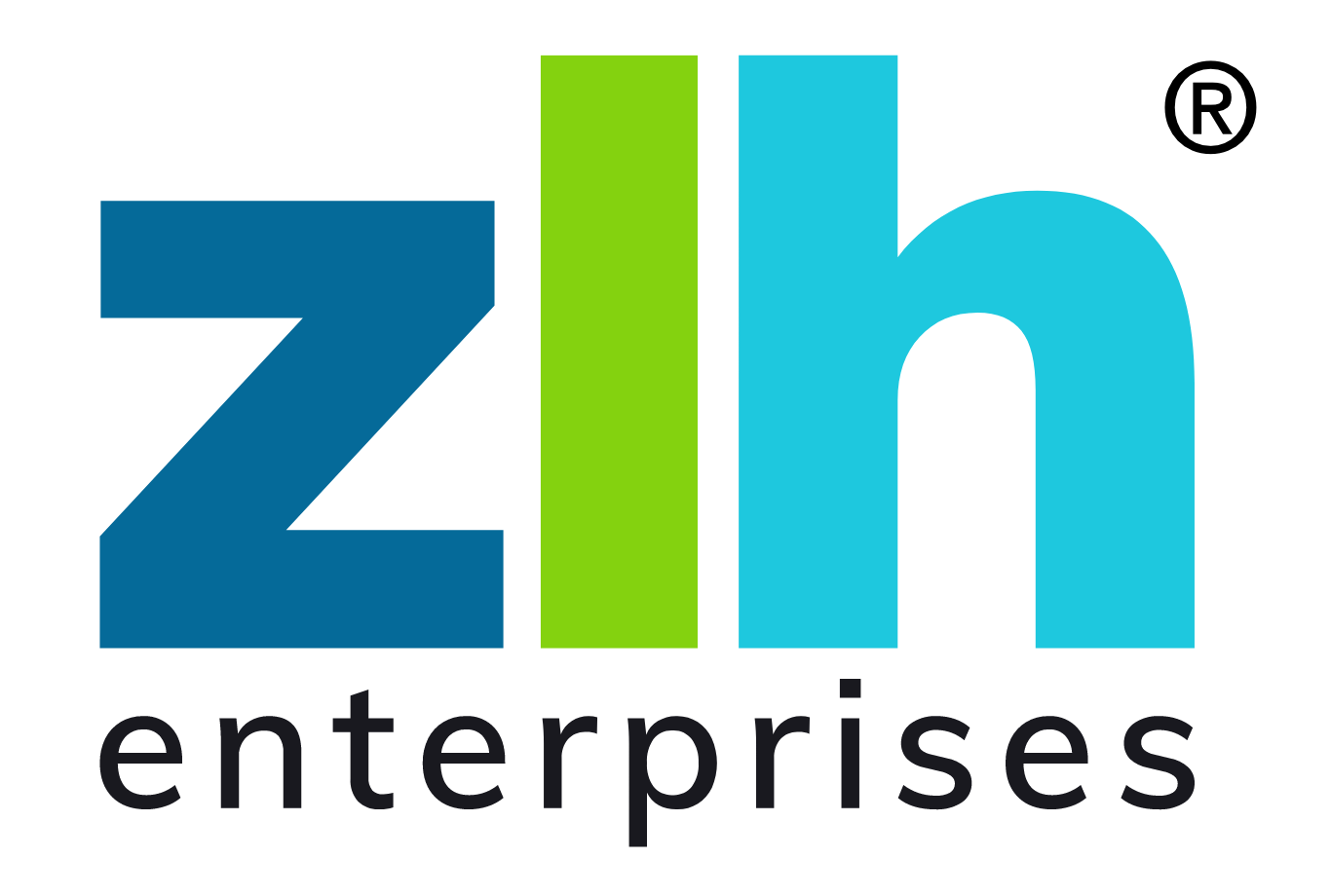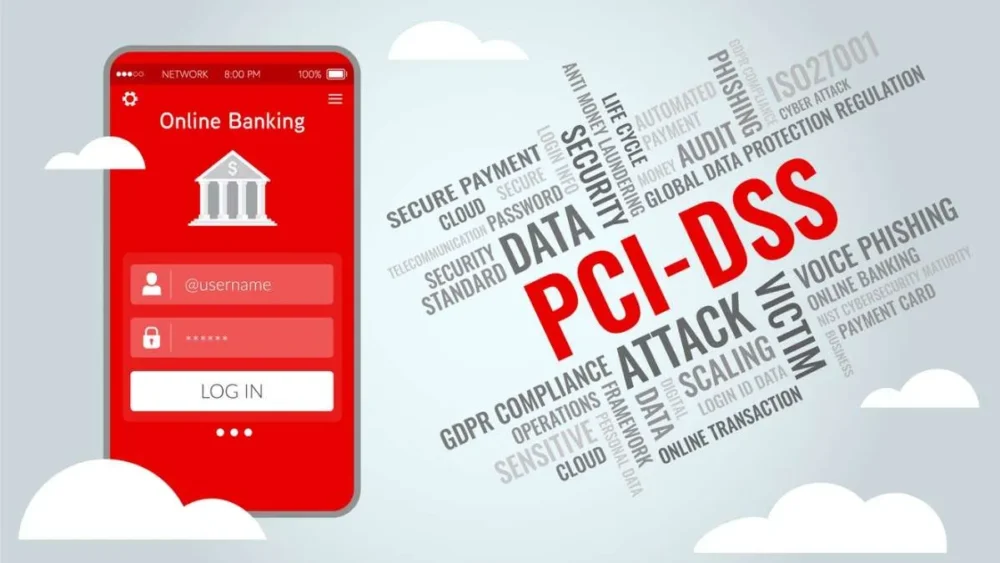Managed Services Journal contacted ASCII Group members Zina Hassel, CEO of ZLH Enterprises, and David Laughlin, CEO of DML IT Solutions, for their expert guidance on navigating these updates and tips on selecting PCI compliance tools, from selection and implementation to monetization and ongoing management.
PCI compliance tools: Core features and essential capabilities
Choosing the right PCI compliance tool is crucial. Both Hassel and Laughlin emphasize the significance of core features that streamline the compliance process and enhance security. Hassel highlights the necessity of automation: “If your PCI compliance tool isn’t making your life easier, it’s not doing its job very well. The best PCI compliance tools protect cardholder data with various types of encryption and safeguard your business from expensive data breaches. Some features we prefer in a PCI compliance tool include automated scanning, real-time reporting, risk assessments, and audit trails.” Laughlin agrees, adding the following to the list:
- Vulnerability scanning
- Configuration monitoring
- Automated compliance reporting
- File integrity monitoring

These tools must deliver comprehensive assessments of cardholder data environments (CDEs) to satisfy PCI DSS requirements. Role-based access control (RBAC) is another essential feature for managing and restricting access to sensitive data.
Beyond these core features, data security and privacy are essential. Hassel recommends looking for “end-to-end encryption, data masking, two-factor authentication, and tokenization.” Laughlin agrees, adding, “Real-time threat detection and response are crucial for promptly addressing potential risks. Furthermore, regular software updates and patch management help fix vulnerabilities that could expose sensitive information.”
What kind of integration, monitoring, and scalability should the tool offer?
Effective PCI compliance tools do not function in isolation. Laughlin emphasizesintegrating various systems, such as payment gateways, firewalls, intrusion detection systems (IDS), and SIEM (security information and event management) solutions. He highlights that these integrations offer a comprehensive CDE view, facilitating proactive risk management. “It’s also essential for the tool to operate smoothly with endpoint security solutions and cloud-based systems, particularly as more businesses transition to hybrid environments,” he adds.
Monitoring and reporting are equally critical. Hassel stresses the need for real-time alerts and guidance to achieve compliance. “This will help catch potential security issues before they escalate,” she says. Laughlin recommends continuous monitoring of the CDE, real-time alerts for unusual activity, and automated reporting aligned with PCI DSS standards. He also emphasizes the importance of clear logs, dashboards, and custom report generation.
As businesses expand, their PCI compliance needs change. Hassel suggests selecting tools with modular components for scalability and multi-region support for companies with multiple locations. Laughlin agrees, noting that PCI compliance tools must be scalable to accommodate the growth of a business’s infrastructure and flexible enough to address various industry needs. “Features such as cloud-based architecture, modular configurations, and customizable workflows significantly contribute to ensuring scalability and flexibility,” he states. “Support for hybrid environments is also essential, as many businesses function both on-premises and in the cloud. These capabilities empower companies to adjust the tool to their requirements without necessitating a complete system overhaul.”
Recouping your costs and making money with PCI compliance tools
The cost of PCI compliance tools can represent a significant investment. Hassel suggests viewing it as a revenue opportunity instead of merely a cost. “VARs and MSPs can recoup those costs and more by providing value-added services such as PCI DSS assessments, remediation, and managed compliance support,” she explains. Laughlin concurs, noting that VARs and MSPs can recover costs by offering PCI compliance as a value-added service, along with ongoing monitoring, consulting, and vulnerability management. He recommends bundling PCI compliance with broader cybersecurity packages to develop a comprehensive offering.
For MSPs and VARs to effectively utilize PCI compliance tools, ongoing support and training are vital. Laughlin advises comprehensive onboarding, technical training, guidance on PCI DSS best practices, and continuous support, including access to account managers and 24/7 technical assistance. He also recommends regular webinars and certification programs to keep teams updated on the latest features and compliance requirements. “Staying informed about changes in PCI DSS and other security standards is crucial,” he states. “Regular training and collaborating with compliance experts also help ensure teams are up to speed.”
By understanding the key features, integration requirements, monitoring capabilities, and monetization strategies of PCI compliance tools, MSPs and VARs can establish themselves as trusted advisors and take advantage of the increasing demand for PCI DSS compliance. As Laughlin demonstrates with a client success story, “One of our clients struggled to meet PCI DSS requirements due to outdated systems. By implementing a PCI compliance tool with integrated vulnerability scanning and automated reporting, we identified and addressed critical security gaps. The client achieved full PCI compliance, lowered their risk of data breaches, and passed their audit without issues.”
About The ASCII Group, Inc.
The ASCII Group is the premier community of North American MSPs, MSSPs and Solution Providers. The Group has members throughout the U.S. and Canada, and membership encompasses everyone from credentialed MSPs serving the SMB community to multi-location solution providers with a national and international reach. Founded in 1984, ASCII provides services to members, including leveraged purchasing programs, education and training, marketing assistance, extensive peer interaction and more. ASCII works with a vibrant ecosystem of leading and major technology vendors that complement the ASCII community and support the mission of helping MSPs grow their businesses. For more information, please visit www.ascii.com.
Chat with us today 💬 to learn more about our services: (732) 845-5288
Connect with our team: @Zina Hassel @Jodi Hassel
Learn More about ZLH Enterprises: https://www.zlhent.com
Subscribe to our Newsletter: https://lp.constantcontactpages.com/su/VG5rNUg/zlhsubscribe






